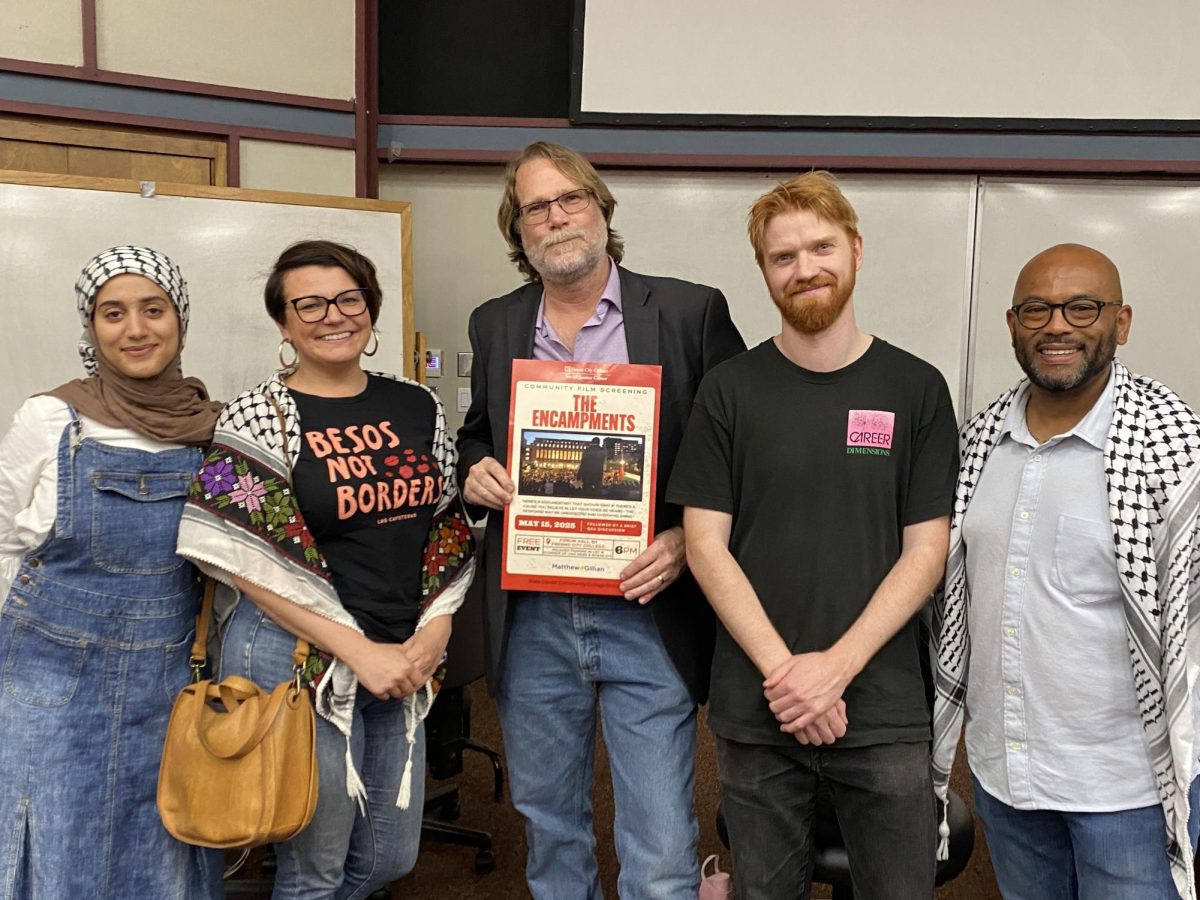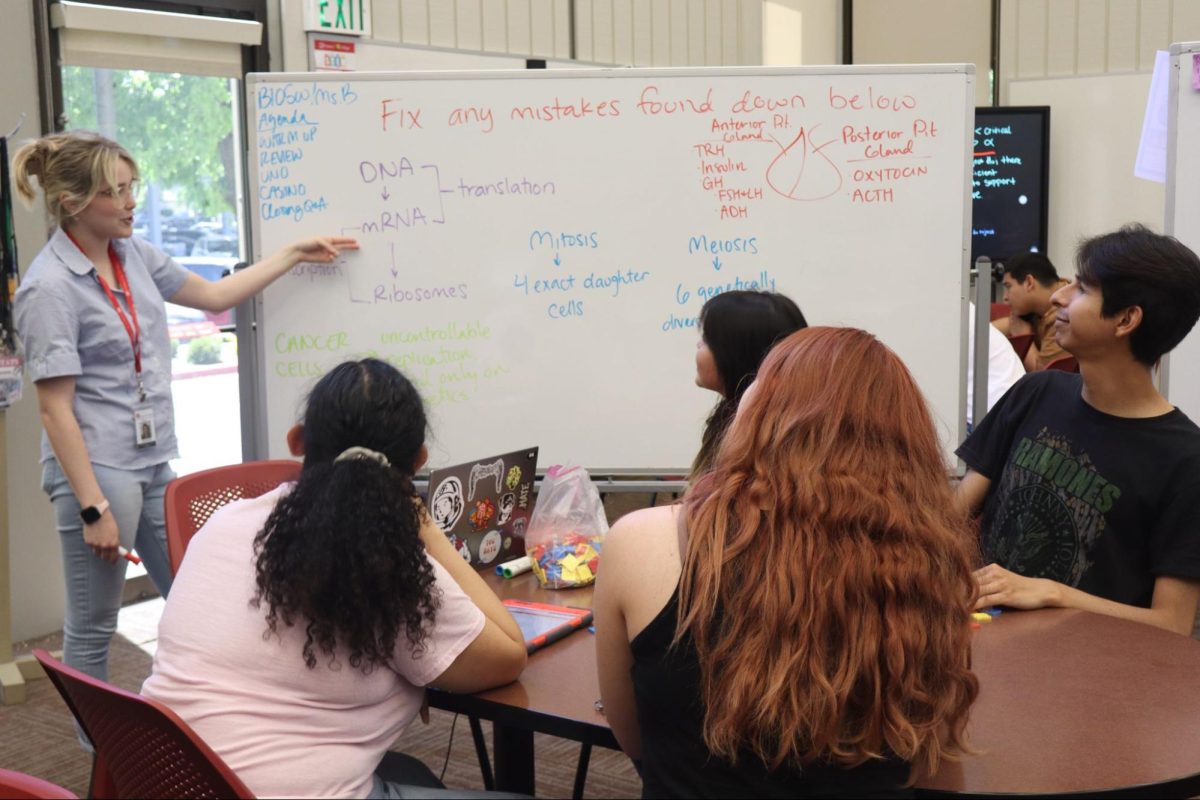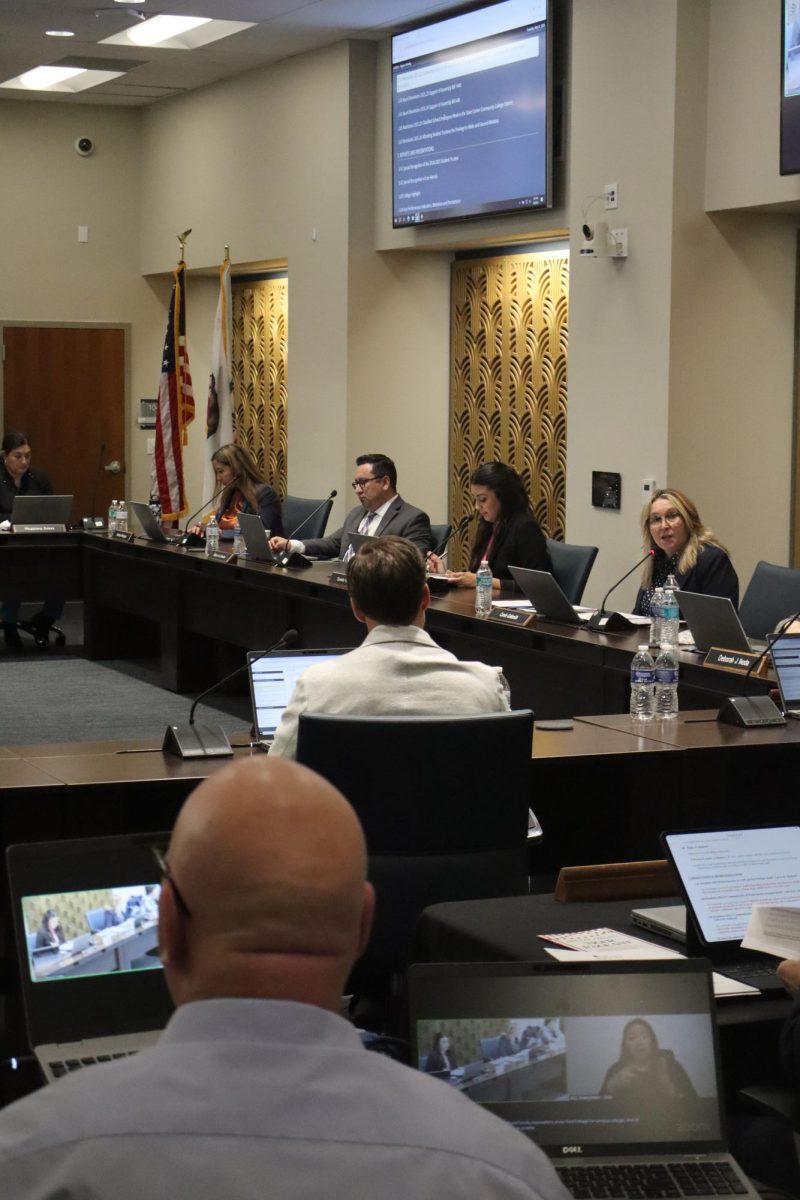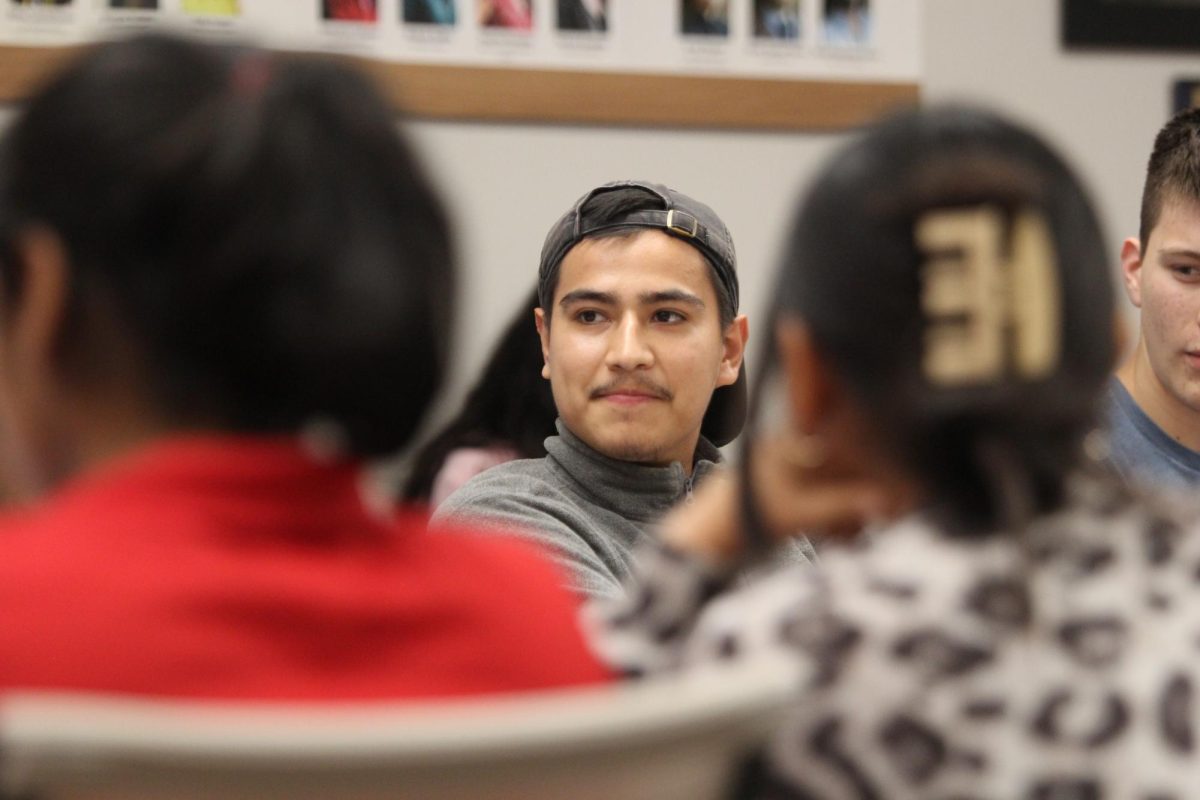Retiring African American Studies instructor to be honored in L.A.
In Ilorin, Kwara State, Nigeria, a young Isaac Okin spent his days hunting rabbits, squirrels and even snakes. Okin and his friends would start a fire, cut up the animals, sprinkle some salt and pepper on them, and enjoy a delicious feast.
At home, Okin would hear the never ending lectures his father gave about education. His father, who was married to six wives, would stress the importance of education to all his 15 children. Okin’s mother, his father’s fifth wife, would give birth to three boys of her own.
Okin, who is often asked how his father can manage all the wives, says, “It’s easy. Every woman in the household has her own division of labor. Life back home isn’t sexually oriented as you have it in America.”
As the leading Christian local theologian, Okin’s father was one of the most respected men in the country. He established one of the biggest churches in Kwara State before dying at the age of 105. “My dad made sure to give all his children education. I’m very proud when I talk about my family. There is no profession you ask for in this phase of life you can’t find in my family,” says Okin whose siblings hold specialties in fields such as pharmacology, engineering, architecture, accountancy, and law, among other fields.
Like his father, Okin also emphasized the importance of education to all his children. He has raised nine children who have all gone on to prestigious universities and graduated.
“There is no member of my family that is lacking in education,” said Okin. Sometimes when I talk about it, people think I’m very cocky, but of course I have to be cocky. I’m very proud of it.”
Growing up in Nigeria, Okin said he learned more about America than his own country. “We were more exposed to the outside world,” said Okin, whose curiosity about America grew with every new knowledge. Additionally, a war broke out in Nigeria, and the ensuing chaos was unsettling. Okin decided to leave his homeland then, both to find safety as well as satisfy his curiosity about the U.S., the country he had studied for several years.
He first joined his brother in England before moving to Canada. Okin, however, was too accustomed to the tropical temperatures in Nigeria and found Canada’s frigid climate unbearable and transferred to the City University of New York. In New York, it would be another short stint as the fast pace life of New York proved to be too much for him.
Fortunately for Okin, he had already applied to 35 universities. Twelve were California universities. He narrowed his choice to the likes of San Francisco, Stanislaus, Cal State, and Fresno. In the end, Okin found in Fresno the tropical climate that he had grown up with.
“People say ‘why Fresno?’ I love the tropical climate. I love the heat. It’s also the agricultural capital of the world,” said Okin. “Life was very easy in Fresno. Tuition for foreign students was very low. I fell in love with Fresno.”
And so in 1967, Okin started at Fresno State and quickly became a major part of the community. He was involved in student government, tutored incoming students, represented foreign students and was part of a radio show called Africa Speaks.
In 1970, Okin graduated with a bachelor’s degree in public administration. Though he wanted to attend graduate school immediately after, he couldn’t find the money he needed.
Still he found his breakthrough — thanks to the Housing and Urban Development agency which was awarding fellowships to select schools across the nation to train minority students for inner city development. Fresno State was one of the schools selected to receive the scholarship, however, only a few minority students were applying for the scholarship, HUD had written Fresno State, threatening to take it away if there were not enough eligible minorities.
After learning about the scholarship, Okin went to the chair of city planning at Fresno State and asked for the scholarship. But Okin was not a yet a citizen so he did not qualify for the scholarship. Instead Okin was given a challenge.
He was told by the chairman that if he can bring in enough students to retain the program, he could apply for a fee waiver.
The next week, Okin marched into the chairman’s office with 30 students.
“The chairman was scared,” said Okin. “With student unrest going on at the time, he thought he was going to be attacked.”
Okin became one of 10 students selected for the scholarship and he went on to graduate school, becoming the first minority to get a master’s degree in City Planning at the university.
Also during this time, the Black Students program was established at Fresno State. It began as a result of African American students protesting learning about African culture solely from white professors.
Okin’s fraternity brother suggested that he teach black studies. Without hesitation, Okin joined the first black studies coordinators at Fresno State which ultimately established the African Studies component at Fresno State.
“I’m very proud to say I’m one of those African instructors who introduced African studies at Fresno State,” said Okin who also helped establish the African American graduation ceremony at Fresno State.
Meanwhile at Fresno City College, Kehinde Solwazi was also striving to build the African Studies program. Solwazi turned to Okin and lured him to teach classes at FCC.
Before long, the two became brothers and the program took off.
“We had a lot in common. They called him a radical. They called me a radical. We just clicked,” said Okin.
As he did at Fresno State, Okin made a major mark at FCC. He set up contemporary African Studies, the rites of passage for African American students and the naming ceremony. Okin also gave the IDILE program its name. In the Yoruba language of Nigeria, «Idile» means «family.»
In 1978, Okin felt obligated to go back home and serve his country, Nigeria. He began educating the legislators in a time where the Nigerian government was trying to change from parliamentary to American democracy.
“I was running symposiums to the legislature about American democracy. They were so delighted,” said Okin.
In Nigeria, Okin would apply for a job with the legislators but was denied, prompting him to return to the U.S., to resume his teaching career.
Today, Okin is a proud holder of two master’s degrees, a doctorate in Government Analysis and a post doctorate degree in landscape.
Though he has come so far, Okin is still in many ways that little boy from Ilorin. “As old as I am, when I go back home, I still join my friends to do some hunting and all the things we did when we were young,” said Okin. “Even the young ladies that are married now come around with their husbands, and we talk and reminisce about the good old days when we were growing up. I’m very old now. Everything is going down, but I still enjoy the camaraderie.”
On April, 21, Okin will be honored at the African Goodwill awards in Los Angeles. This semester will also mark the end of Okin’s teaching career. But his work is far from over. Okin, along with Solwazi, is striving to establish the first Black university on the west coast.
“I’m very proud of what I have accomplished,” says Okin. ”No white man can take that away from me. No black man can take that away from me.”






